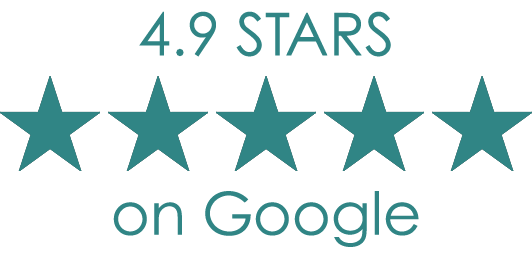by Ellen Nelson
I am addicted to Melissa Thal and the fabulous Nova eyelash extensions she applies at Glow Skincare in Nashville. Sadly, after living without antihistamines for several days in preparation for allergy testing, I nearly clawed my itchy eyes out, thus ripping the extensions completely off one eye. Those little boogers are hard to get off, too. I was going crazy though, alternating between sneezing, scratching, sniffling, coughing, wheezing—you get the drift.
So now that I look like a newborn hamster with little lash nubs, I decided to check out Latisse. Hell, I had to do something. And in just a week, my lashes are growing. Hallelujah!
I figured applying this each night is a great way to make me start washing my face before I go to bed. (Yes, I’m 42 and should have been doing this for years, but sometimes I get lazy.)
If I could’ve gotten my paws on this stuff in my 20s, I would have been on it like white on rice. Who doesn’t want the lush long lashes of a Shih-Tzu, after all? Oddly enough, the young folks in our office are wary of the stuff. Why? Because human beings are highly suggestible creatures and more importantly, because commercial speech is a stepchild of the First Amendment.
The government mandates that any advertising of a product include every single possible thing that could happen to someone using the product. In the case of Latisse, which was originally used in glaucoma patients who applied drops of the product directly into the eye twice daily over a stretch of time, they are forced to list the problems that resulted in the glaucoma study.
With Latisse, the product is applied to the eyelid—just a tiny smidgen on the eyelid, my friends, once a day. It’s never applied directly into the eye, as it was in the glaucoma study, where there were reports of the iris of the eye changing color. Have there been reports of iris color change in Latisse users since it hit the market? A handful, and those reports indicate misuse of the product—like a lady who was putting drops directly into her eyes twice a day. That’s gonna happen. People can be really stupid.
But like a wicked virus, this iris color change has spread as gospel, even though it’s not the case. It’s just how the government works, as well as how human beings react. Well humans, if you read the side effects of any medication, like say of Levaquin, a strong antibiotic that can make your tendons rupture, would you still take it if prescribed by your doctor? Probably. (I did, and yes, my Achilles tendon did rupture, and yes, it sucked.) But Levaquin doesn’t advertise, so this very real side effect isn’t heard by the masses, causing panic and a boycott of the drug. And, even with my horrific experience, I still tried Levaquin again because it works. Although, I did have to stop after my Achilles began hurting fiercely for the first time in two years.
Here’s the difference between Levaquin’s side effect and Latisse’s and what the public should consider when they read and hear about them: Levaquin was tested as an antibiotic and a side effect was tendon rupture. Products like Latisse were discovered when doctors found that glaucoma patients using the medicine experienced miraculous lash growth. It’s a perk of the product. However, it’s the side effects found from the glaucoma testing with its completely different application that Latisse must use when advertising—not their own reports.
So don’t let progress in science and accidental benefits pass you by. Just do a little research and see how the original drug testing and application differs from that of the newly marketed drug; although, if you’ve been using Latisse, you may have trouble seeing due to that thick, new fringe of lashes. Now, that’s my kind of side effect.





